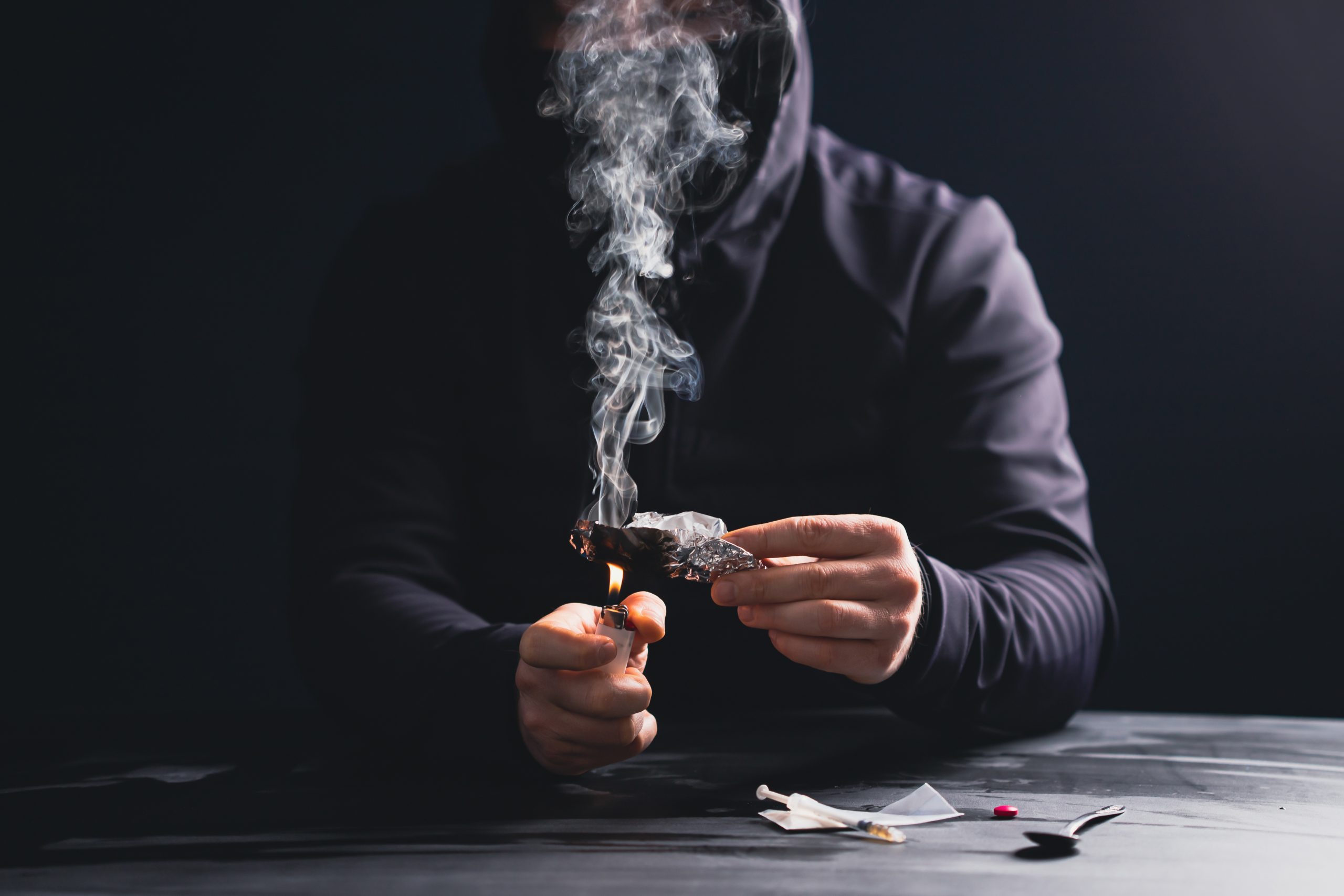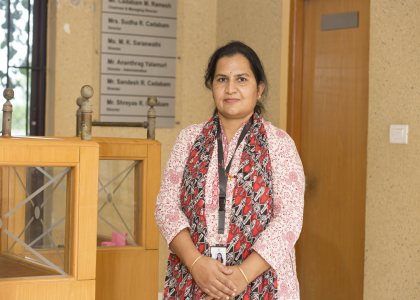Drug Addiction and the Power of Collective Support
Drug addiction is also known as substance use disorder and this chronic condition affects the person’s brain and behaviour. Drug addiction not only impacts the individual but also affects their loved ones, leading to extreme emotional, physical, and social challenges.
Due to these factors, a comprehensive approach is important to address the condition and promote overall well-being. Group therapy has been shown to be effective in treating drug addiction and offering behavioural and emotional support.
Participants in group therapy can connect with others facing similar struggles, which can provide valuable insights, encouragement, and strategies for managing their addiction.
The Essentials of Group Therapy in Drug Addiction Treatment
Group therapy for drug addiction not only helps individuals manage their addictive behaviours but also aims to strengthen and improve their interpersonal relationships. Additionally, participants can learn from the experiences of others. Each group therapy session is designed with specific goals in mind.
Understanding the Structure of Group Therapy Sessions
In a group therapy session, individuals with similar conditions are placed together in a group setting under the supervision and guidance of an experienced mental health professional.
Here, every individual gets an opportunity to share their struggles and experiences of drug addiction and as all the individuals present here have a similar situation, it creates a sense of belonging and promotes social connection.
The Role of Facilitators in Group Therapy for Drug Addiction
As participants in group therapy sessions develop rapport and trust with the facilitators, they become more open to sharing their thoughts and feelings. Facilitators set clear guidelines to ensure respectful interactions and maintain confidentiality, promoting a safe and supportive environment.
If in case a member experiences emotional distress or displays hostility, facilitators are equipped to provide immediate interventions and help them accordingly.
At a group session, the facilitator also focuses on social skills, and effective coping strategies, and encourages patients to adopt healthy routines.
The Benefits of Participating in Group Therapy
There are many great benefits of group therapy, especially for people who are struggling with the challenges of drug addiction. Here are some of the benefits of participating in group therapy.
Building a Community of Support
One of the major symptoms of drug addiction is the feeling of loneliness and isolation and group therapy targets this by providing a space where one can meet like-minded people.
Through this, patients can learn a lot more about their conditions, ease their feelings of loneliness, share their challenges, gain helpful insights, and create a sense of belonging.
Learning from Others’ Experiences
When interacting with people who have experienced or going through the same challenges, allows you to learn how they are dealing with their condition, what coping strategies they’re implementing, and how they’re managing their daily issues and symptoms.
Developing Better Social Skills
Participating in group therapy helps individuals to interact with others, greatly reducing social withdrawal symptoms.
Receiving constructive feedback and support from both peers and therapists helps them improve their communication and active listening skills, boosting their self-confidence and overall social abilities.
Reducing Feelings of Isolation
Group therapy is done in a setup that offers a sense of connection, allowing you to build a network of like-minded people who can offer you support and encouragement. And as a result of this, one can effectively combat isolation and loneliness.
Gaining New Coping Strategies
In group therapy, a therapist collaborates with the participants and helps them develop coping strategies. The members also get an opportunity to learn new skills from peers who have already mastered them and can incorporate them into their recovery journey.
Enhancing Self-Esteem and Confidence
When you have like-minded people around you, it promotes support, recognition, and validation. These are three major factors that enhance one’s self-esteem and confidence.
Key Techniques and Modalities Used in Group Therapy for Drug Addiction
Group therapy is a method that uses different techniques to address drug addiction. Some of the most common techniques are:
Cognitive Behavioural Techniques in a Group Setting
CBT is a talk therapy that helps people manage their thoughts and reactions that are causing negative behaviour. In group therapy, they become more aware of the thinking pattern that is influencing their behaviour and accordingly, they receive support and learn coping skills to manage these negative behaviours.
Social Skills Training Through Group Interaction
People who are addicted to drugs often find it difficult to socialize with others. Group therapy offers them a safe and secure environment to work on their social communication and interpersonal skills. This setup allows them to receive valuable feedback from peers and therapists to improve on skills that are impacted due to drug addiction.
Psychoeducation for Drug Addiction in Group Therapy
Psychoeducation is another aspect of group therapy that provides individuals with a comprehensive understanding of their illness, including symptom recognition, mood management, and treatment options.
Participants, alongside their peers, learn effective coping strategies and methods for preventing and managing relapses. This process empowers them with greater self-efficacy and enhances their overall treatment results.
Stress Management and Coping Strategies
Stress caused by various aspects of life often contributes to drug addiction and worsens its effects. It can trigger cravings for substances, aggravate withdrawal symptoms and contribute to relapse.
In group therapy, people learn relaxing techniques, healthy coping mechanisms, and effective stress management skills to address the root causes of addiction. Through activities offered in group therapy, individuals can develop effective plans to manage their stress and build resilience.
Enhancing Communication Skills within the Group
Communication always plays a greater role in life and this is also true when it comes to recovery. The environment that group therapy offers, provides individuals with a chance to learn the skills of effective communication and listening.
Get Drug Addiction Diagnosed in Hyderabad
Diagnosing drug addiction requires thorough evaluation and at Cadabam’s we understand this. Thus, we offer holistic treatment options for drug addiction in Hyderabad. At our state-of-the-art facility, our mental health experts provide guidance and support throughout the journey of your recovery.
What to Expect from Group Therapy Sessions
When opting for group therapy as part of your treatment plan to address drug addiction, anticipate engaging in sessions alongside fellow participants who share similar conditions and symptoms.
This collaborative environment boosts mutual support and understanding, creating a favourable space for collective recovery and growth.
Find the Right Group Therapy Program in Hyderabad
Finding the right group therapy program holds paramount importance, thus one needs to find a facility that offers a customized treatment plan that caters to every unique need.
At Cadabam’s, our experts customize a carefully crafted treatment plan that fits each individual needs and requirements to support recovery and relapse prevention.
Why Choose Cadabams for Group Therapy in Drug Addiction Care
Cadabam’s is one of the leading mental health institutions with more than 30 years of experience in managing mental health, including drug addiction. Here are some of the benefits of opting Cadabam’s for drug addiction treatment.
Expertise in Facilitating Therapeutic Groups
Our advanced facility is equipped with modern technology and staffed with experienced mental health professionals who are dedicated to providing personalized care and support to each individual on their journey to recovery.
A Welcoming and Safe Environment for All Participants
Every group therapy session at Cadabam’s is designed in a way that offers the utmost comfort and safe environment which encourages open communication and safeguarding confidentiality of all participants.
Tailored Group Sessions to Meet Diverse Needs
At Cadabam’s we believe that every individual is different and so are their treatment requirements. To ensure the best possible treatment and care, our team of experts, meticulously crafts customized interventions and procedures tailored to each individual’s specific requirements and circumstances.
Commitment to Ongoing Support and Community Building
Our commitment to ongoing support and community building is relentless. Beyond treatment, we cultivate a supportive environment where individuals can connect, share experiences, and find solidarity in their journey to recovery.
Through various programs and initiatives, we cultivate a strong sense of community, ensuring that every individual feels supported and empowered throughout their recovery process.
FAQ
What is group therapy for drug addiction and how does it work?
Group therapy for drug addiction involves sessions where individuals with similar struggles come together under the guidance of a therapist. It offers a supportive environment for sharing experiences, learning coping strategies, and receiving feedback. Through mutual support and shared insights, participants explore underlying issues and develop healthier ways of managing addiction.
What are the main benefits of participating in group therapy for someone with drug addiction?
Participating in group therapy for drug addiction offers numerous benefits. Firstly, it provides a supportive environment where individuals can connect with others facing similar challenges, reducing feelings of isolation and shame. Additionally, group therapy offers opportunities for learning and practising effective coping skills, receiving feedback and encouragement, and developing a sense of accountability.
How often do group therapy sessions for drug addiction take place?
Group therapy sessions for drug addiction typically occur once or twice a week, depending on individual needs and program schedules. Consistent attendance is encouraged to maximize the benefits of collective support and therapeutic interventions offered within the group setting.
Is group therapy suitable for all individuals with drug addiction?
Group therapy may not be suitable for everyone with drug addiction. Factors such as individual needs, preferences, and readiness for group interaction vary. However, it can be beneficial for many, offering support, shared experiences, and learning opportunities in a supportive environment.
What is the process of group therapy?
A process group therapy session consists of a group of peers who are also in recovery, as well as a facilitator who helps guide the sessions.
What is talked about in group therapy?
Make a list of harmful habits and talk about why they’re terrible and how you can modify them over time. Educating yourself on the addiction and recovery processes of yourself and others.














 Available
Available














